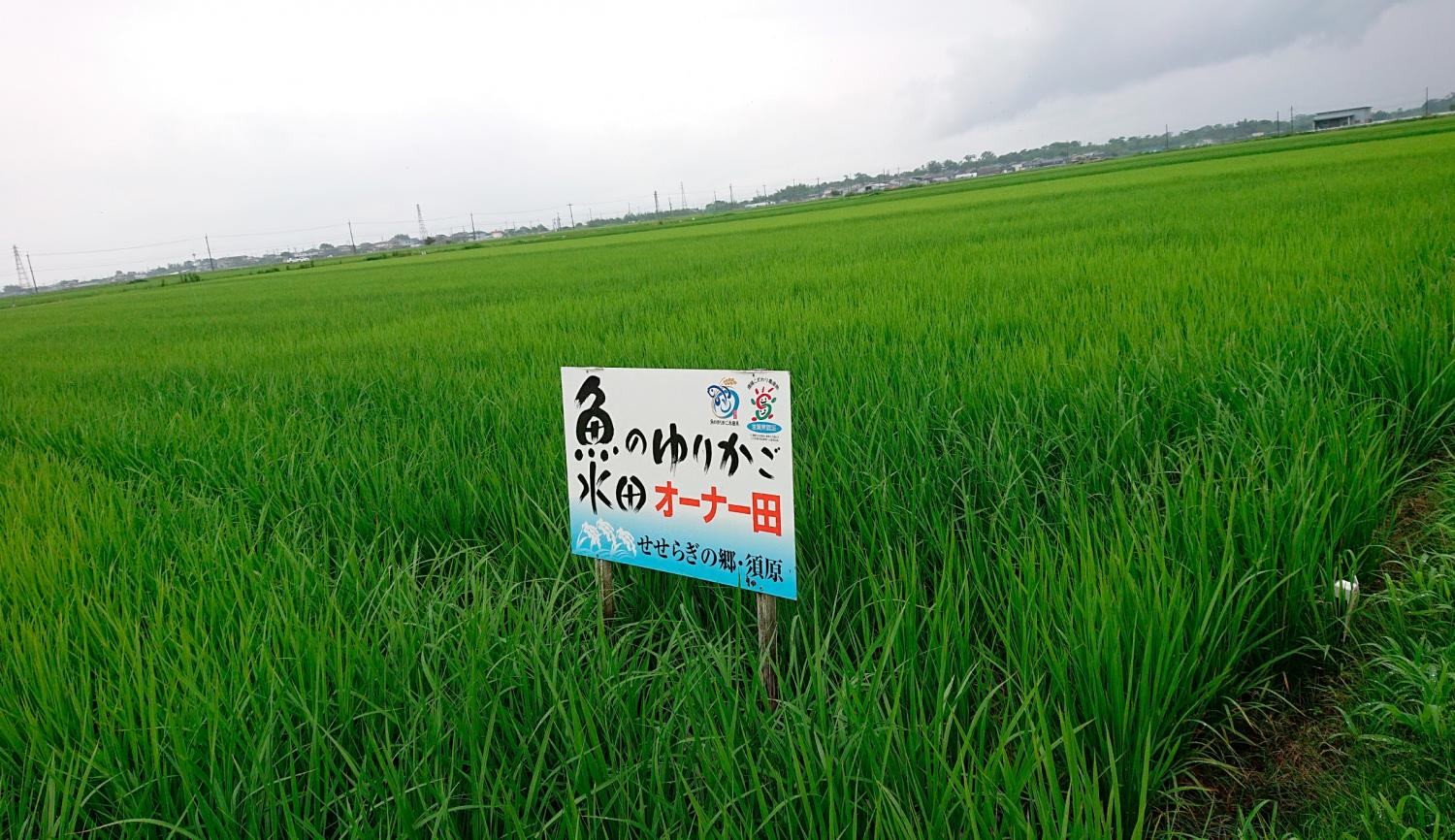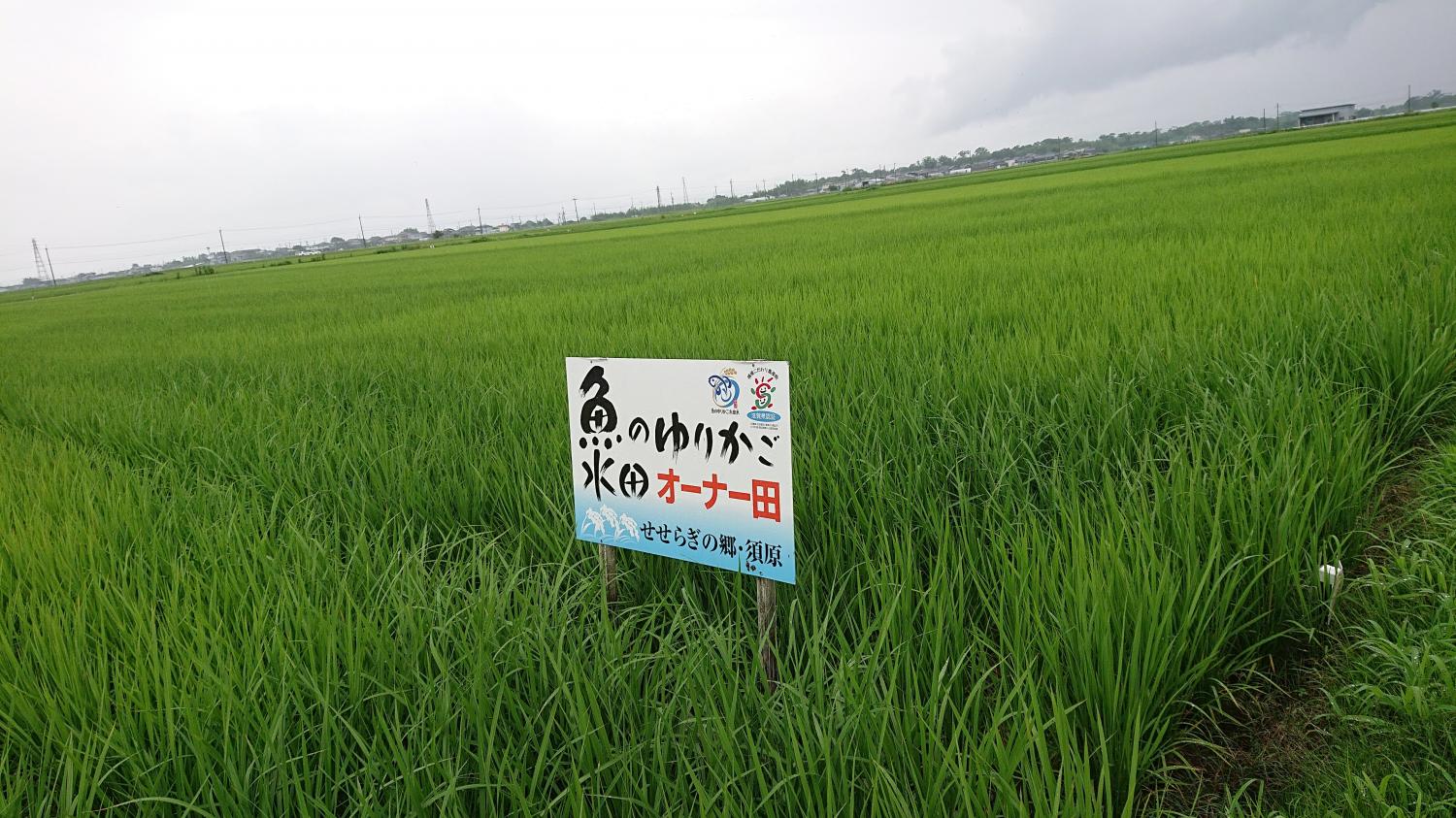
Research Program
Combining Knowledge for a Fundamental Innovation of Land Use Program
Pluriverse Project
Pluriversal Land Use: Exploring Institutions, Values and Worldviews
Abstract
Anthropocentric approaches to nature have contributed to biodiversity crises. This project proposes the concept of ‘pluriversal land use’ that respects ecosystem boundaries while fulfilling human needs. It aims to explore institutional frameworks, technologies, values, and connections between practices and society that enable the spread of such land use. It also seeks to contribute to global dialogues such as the Convention on Biological Diversity.
Why do this research?
Our planet is facing a biodiversity crisis, partly due to anthropocentric use of nature focused solely on human benefit.This disrupts natural balance and harms various species. For a sustainable future, a new approach is needed. We focus on the worldview of ‘living as part of nature’ proposed by IPBES. Based on our prior research on local communities’ land use and agriculture/forestry, we know that many people around the world practice this worldview, both in traditional and new forms.
We propose the concept of ‘pluriversal land use’—approaches to land use that are not limited to human-centered benefits.This project includes six working groups, each exploring aspects such as: pathways for expanding transformative practices,certification systems centered on biodiversity, new values and technologies for forestry, citizen participation in landscape conservation, the values of organic farmers, and international networking. Through these working groups, we aim to understand values and worldviews people form through practice, identify keys to connecting practice with society, and examine methods to initiate new practices.
 Figure 1 Typology of values presented in the IPBES Values Assessment Report
Figure 1 Typology of values presented in the IPBES Values Assessment Report
Results
What We aim to Do
In the FS stage, we conducted multilingual literature reviews focused on the concept of multispecies. We found that ‘pluriversal land use’ is a dynamic process that defies fixed definition, requiring a fluid conceptual framework. In the FR stage, we aim to clarify this concept through networking with practitioners, mutual learning, and focusing on relational values. Our first step is to hold workshops among researchers to envision ideal models of pluriversal land use within the project.
Additionally, in Japan, we have found that some farming practices involve rediscovering and reintegrating non-target species on farms. These biodiversity-friendly practices are often supported by certification systems and eco-labeling to brand products. However, we observe that these practices expand beyond product value and reflect an evolving worldview. Moreover, certifications help connect individual farmers’ efforts with regional economies and societies. Thus, such farming and certification systems serve as intermediaries between practice and society. We also explore their applicability to other regions.
 Photo1 Fish cradle rice paddies in Shiga Prefecture
Photo1 Fish cradle rice paddies in Shiga Prefecture
News
-
{{ data.disp_date }}
{{ data.content }}
Member
Project Leader
TAMURA Norie
Associate Professor, RIHN / The Graduate School of Project Design
Main Members
OMOTO Reiko Faculty of Regional Sciences,Tottori University
KAMADA Mahito Graduate School of Technology,Industrial and Social Sciences,Tokushima University
NISHIKAWA Yoshiaki Faculty of Economics, Ryukoku University
MALLEE Hein Faculty of Agricultural and Food Sciences, Kyoto Prefectural University
MIKI Atsuro Faculty of Agriculture, Shinshu University
RUPPRECHT, Christoph Faculty of Collaborative Regional Innovation, Ehime University
Evaluation by an external evaluation committee
Research schedule
| 2024 |
|---|
| FS |